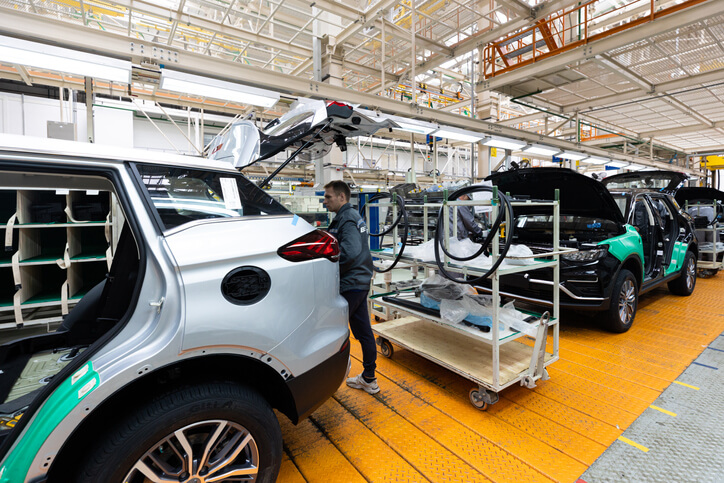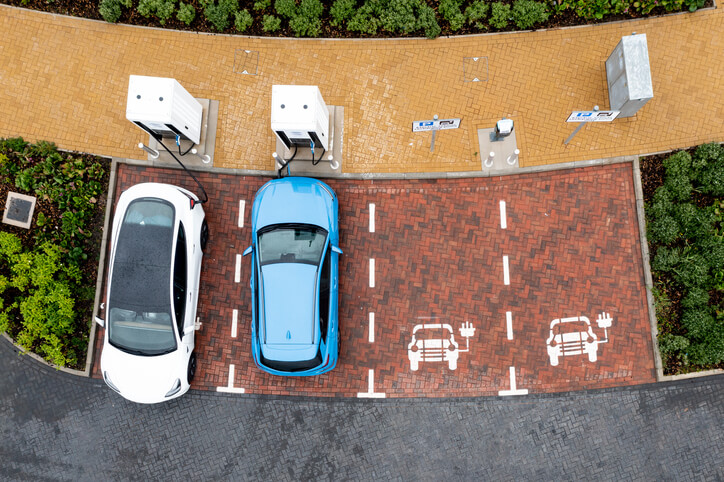What To Know About The Public Discourse Around EVs As An Aspiring Hybrid And Electric Vehicle Mechanic
While numerous automakers have introduced electric vehicles (EVs) and with governments setting forth mandates for EV sales, consumer research indicates that while car buyer enthusiasm for EVs remains robust, there seems to be a slight wane in interest, according to a recent report from AutoTrader.
AutoTrader reports that 56% of Canadians are contemplating an EV as their next vehicle purchase, a drop from the 68% in 2022. In the previous year, two-thirds of consumers attributed their heightened interest to rising gas prices. However, in 2023, factors like vehicle costs (40%), interest rates (24%), and inflation (13%) are the primary reasons for the declining consumer enthusiasm.
If you’re considering a career as a hybrid and electric vehicle mechanic, it’s vital to understand the broader conversation taking place about EVs. Not only will this deepen your appreciation for your chosen profession, but it’ll also prepare you for the questions and concerns customers might bring to your service bay.
Reasons for the Declining Interest
Of those non-EV owners uninterested in switching to electric, 76% mentioned range limitations as a deterrent, 68% flagged the vehicle’s cost as a concern, and 65% expressed apprehensions about the availability of charging stations. AutoTrader notes that concern about range persists, with many consumers basing their opinions on outdated information. The report suggests that dealers aiming to enhance EV sales might benefit from prioritizing customer education onEV benefits and addressing any reservations or worries they might possess.

Another study carried out by J.D. Power Canada, J.D. Ney, the automotive practice director at J.D. Power Canada, noted that even with the current legislative push favouring EV adoption, Canadian consumers remain unconvinced about the shift towards electric vehicles. As you’ll discover in hybrid and electrical mechanic training, the increasing apprehensions surrounding affordability and infrastructure, including charging and the state of the electrical grid, have notably reduced the proportion of consumers contemplating an EV purchase in the foreseeable future.
Further, Ney emphasized that in light of these concerns, realizing Canada’s national and provincial EV sales goals will necessitate significant investments with a synergistic effort between manufacturers and policymakers to tackle issues related to affordability, functionality, and infrastructure.
The EV Drive Is Set To Continue Regardless
Auto analysts in the country are convinced that the drive towards complete electrification remains on course, as you’ll discover in auto mechanic school. “This isn’t something we can escape. Electric vehicles are coming. Governments are forcing us to buy them and forcing the automakers to make them,” said Automotive News Canada editor Greg Layson.

Layson highlighted that there’s a clear correlation between interest in electric vehicles and fuel prices. He anticipates both climbing in the coming months. Layson further pointed out that a notable reason for the diminished interest during this brief period is Ontario’s absence of an electric vehicle rebate, especially considering it’s the province with the highest retail market for electric vehicles.
The Way Forward As A Hybrid and Electric Vehicle Mechanic
Given the federal government’s directive mandating that by 2035, every passenger vehicle sold in Canada must be electric, coupled with the billions of dollars channeled towards electrification, Layson believes consumer preferences will become inconsequential in the near future.
Layson stated that everyone is moving towards electric vehicles, whether it’s through countries, governments, mandates, or legislation. He mentioned that nations across the globe are advocating for electric vehicles, and automakers will inevitably need to comply.
Do you want to become a hybrid and electric vehicle mechanic?
Contact ATC Surrey for more information.


